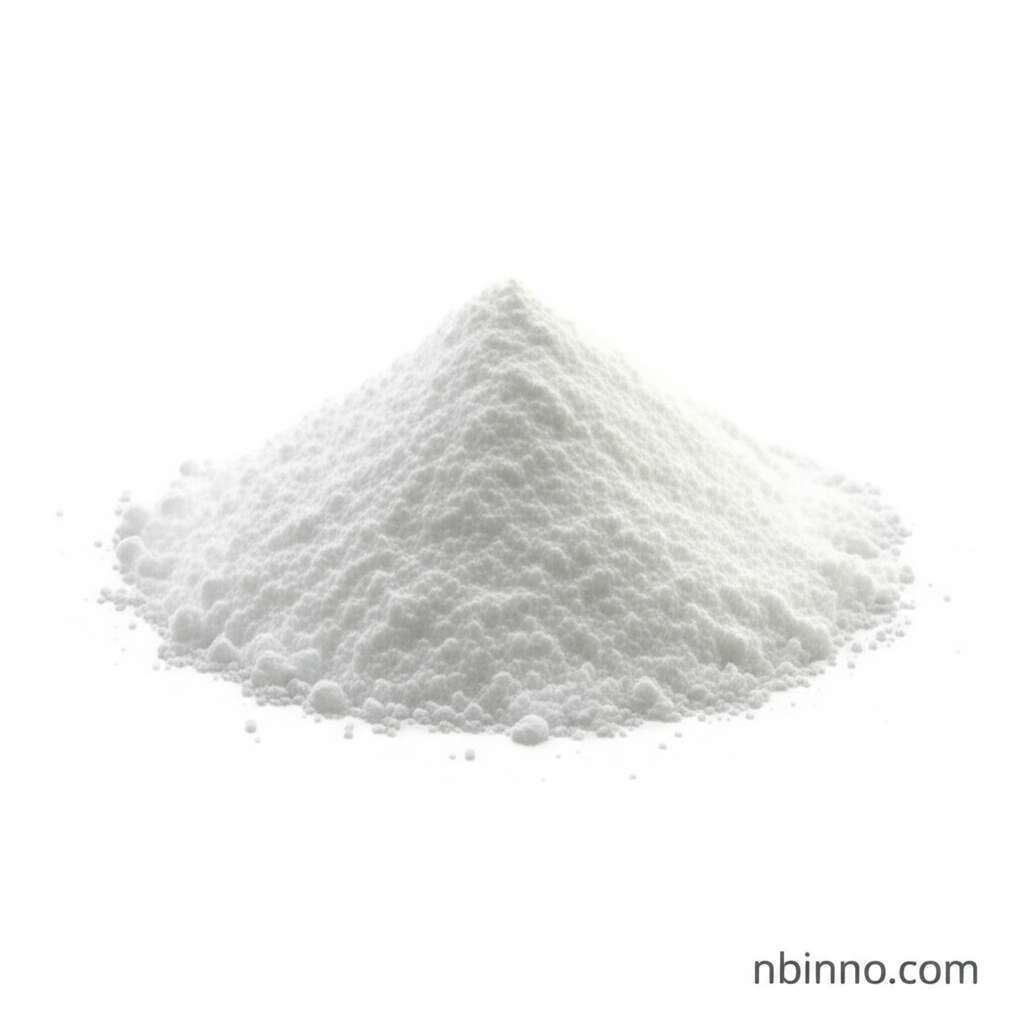Proglumide: Understanding Its Pharmaceutical Applications and Chemical Properties
Explore the key aspects of Proglumide (CAS 6620-60-6), a vital compound in pharmaceutical research and therapy.
Get a Quote & SampleProduct Core Value

Proglumide
Proglumide, identified by CAS 6620-60-6, is a significant chemical compound primarily recognized for its role as a cholecystokinin antagonist. Its pharmacological actions include inhibiting gastric secretion and reducing gastrointestinal motility, making it historically relevant in the treatment of peptic ulcers.
- Proglumide acts as a cholecystokinin antagonist, blocking CCK-A and CCK-B receptor subtypes, crucial for understanding gastrointestinal function.
- The drug has demonstrated potential in pain management by enhancing the analgesic effects of opioid drugs, a key finding for adjuvant therapy in chronic pain conditions.
- Proglumide's ability to prevent or reverse opioid tolerance makes it a valuable subject of study for long-term pain treatment strategies.
- The chemical properties of Proglumide, including its molecular formula C18H26N2O4 and assay of 99.5% min, underscore its utility in pharmaceutical research.
Advantages Offered by the Product
Enhanced Analgesia
Proglumide is known to significantly boost the pain-relieving effects of opioid medications, offering a new dimension to pain management strategies.
Opioid Tolerance Reversal
Its capacity to mitigate or reverse the development of tolerance to opioids makes it a critical compound for patients requiring long-term opioid therapy.
Gastrointestinal Regulation
As a cholecystokinin antagonist, Proglumide aids in regulating gastric secretion and gastrointestinal motility, supporting its historical use in treating ulcers.
Key Applications
Gastrointestinal Ulcer Treatment
Historically used for its inhibitory effect on gastric secretion, Proglumide played a role in the treatment of peptic ulcer disease, a testament to its gastrointestinal regulatory functions.
Adjuvant Pain Therapy
Research indicates Proglumide can be an effective adjunct to opioid analgesics, enhancing their efficacy and potentially improving outcomes for patients with chronic pain.
Neurological Research
Its interaction with cholecystokinin receptors suggests potential roles in conditions like Huntington's chorea and schizophrenia, areas ripe for further scientific exploration.
Oncology Studies
Investigated for its effects on gastric and colorectal carcinomas, Proglumide is being explored for its anti-cancer properties and its impact on tumor microenvironments.
